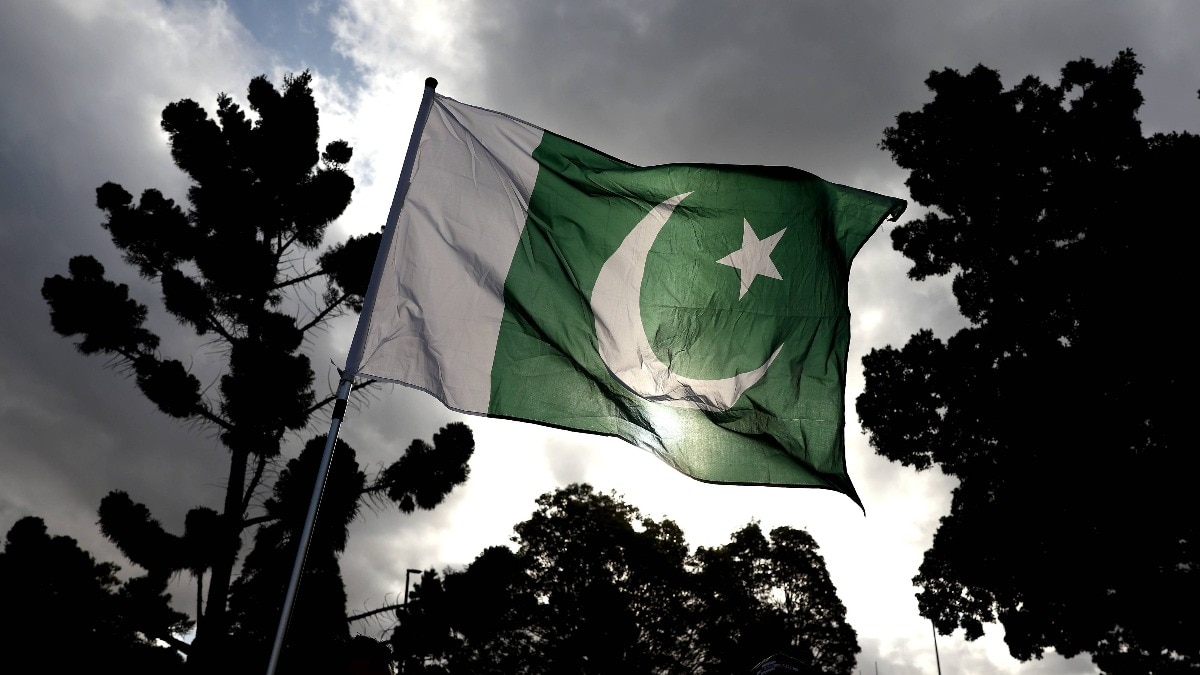Pakistan’s Economic Survey for 2024-25 has projected the country to grow at the rate of 2.7 per cent, while its debt has increased to Pakistani Rupees (PRs) 76,000 billion in the first nine months of the current fiscal year. Pakistani Finance Minister Muhammad Aurangzeb, who released the financial document, said that the economy has been on the path to recovery for the last two years.
The survey, as in India too, is a key pre-budget document that highlights the performance of the economy in the previous fiscal year. Pakistan’s financial year begins on July 1.
According to the survey, in the first nine months of the current fiscal year, the Pakistani government’s debt rose to PRs 76,000 billion, which included PRs 51,500 billion borrowed from local banks and PRs 24,500 billion from external sources.
Addressing a press conference after launching the economic survey, Aurangzeb said Pakistan’s GDP growth was -0.2 per cent in 2023 and improved to 2.5 per cent in 2024. He announced a 2.7 per cent growth target for 2025, describing it as a gradual recovery focused on sustainable growth.
Aurangzeb placed Pakistan’s recovery in a global context, noting that global GDP growth reached 2.8 per cent. He described the next fiscal year as a turnaround story, with the budget expected to focus on IMF compliance, increased revenue, and growth-oriented reforms.
Highlighting macroeconomic indicators, he said the current account recorded a surplus of $1.9 billion during July–April FY25, driven by strong IT exports of about $3.5 billion. Remittances are projected to reach $37–38 billion by year-end, up from $27 billion two years ago.
The minister added that public debt and the debt-to-GDP ratio decreased from 68 per cent to 65 per cent. Foreign exchange reserves stood at $9.4 billion as of June 30, 2024, marking a recovery from 2023 when reserves covered only two weeks of imports.
Reserves rose to $16.64 billion in 2025, with the State Bank of Pakistan holding $11.5 billion and commercial banks $5.14 billion. The increase in reserves follows improved credit ratings, with Fitch upgrading Pakistan’s sovereign rating from CCC+ to B- with a stable outlook. Aurangzeb said Pakistan’s economy grew to USD 411 billion in the current fiscal year, up from USD 372 billion the previous year.
Meanwhile, National Assembly Speaker Ayaz Sadiq approved the schedule for the upcoming budget sessions for 2025–26. The budget will be presented on June 10, followed by a recess on June 11 and 12. Budget debate will start on June 13 and continue until June 21.


